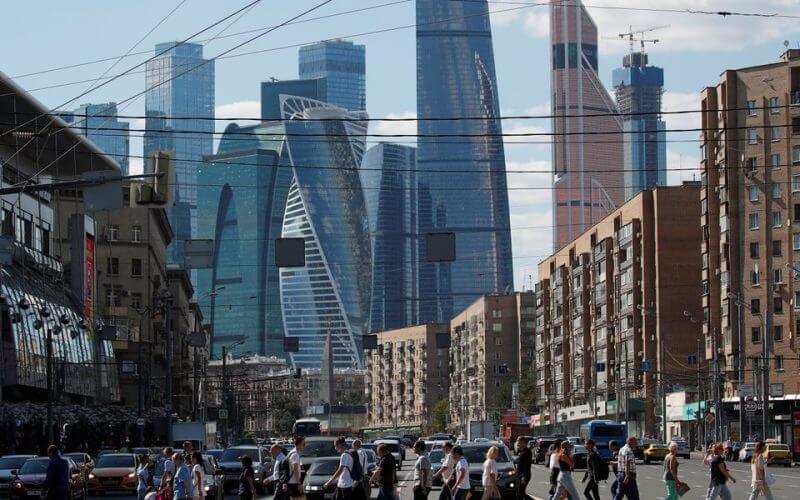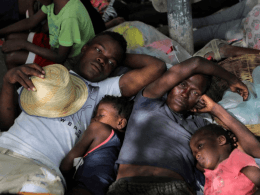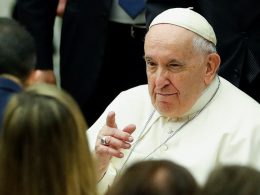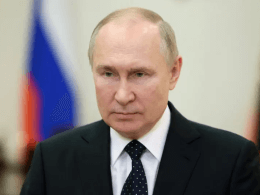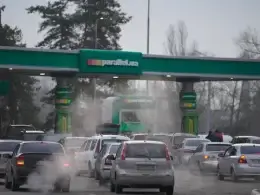The economic cost of Russia's assault on Ukraine was fully exposed on Wednesday as Vladimir Putin's sanctions-ravaged government teetered on the brink of its first international debt default since the Bolshevik revolution.
Moscow was due to pay $117 million in interest on two dollar-denominated sovereign bonds it had sold back in 2013. But the limits it now faces making payments, and talk from the Kremlin that it might pay in roubles - triggering a default anyway - meant even veteran investors were left guessing at what might happen.
One described it as the most closely watched government debt payment since Greece's default at the height of the euro zone crisis. Others said an emergency 'grace period' that allows Russia another 30 days to make the payment could drag the saga out.
"The thing about defaults is that they are never clear cut and this is no exception," said Pictet emerging market portfolio manager Guido Chamorro.
"There is a grace period, so we are not really going to know whether this is a default or not until April 15," he said referring to the situation if no coupon payment is made. "Anything could happen in the grace period."





